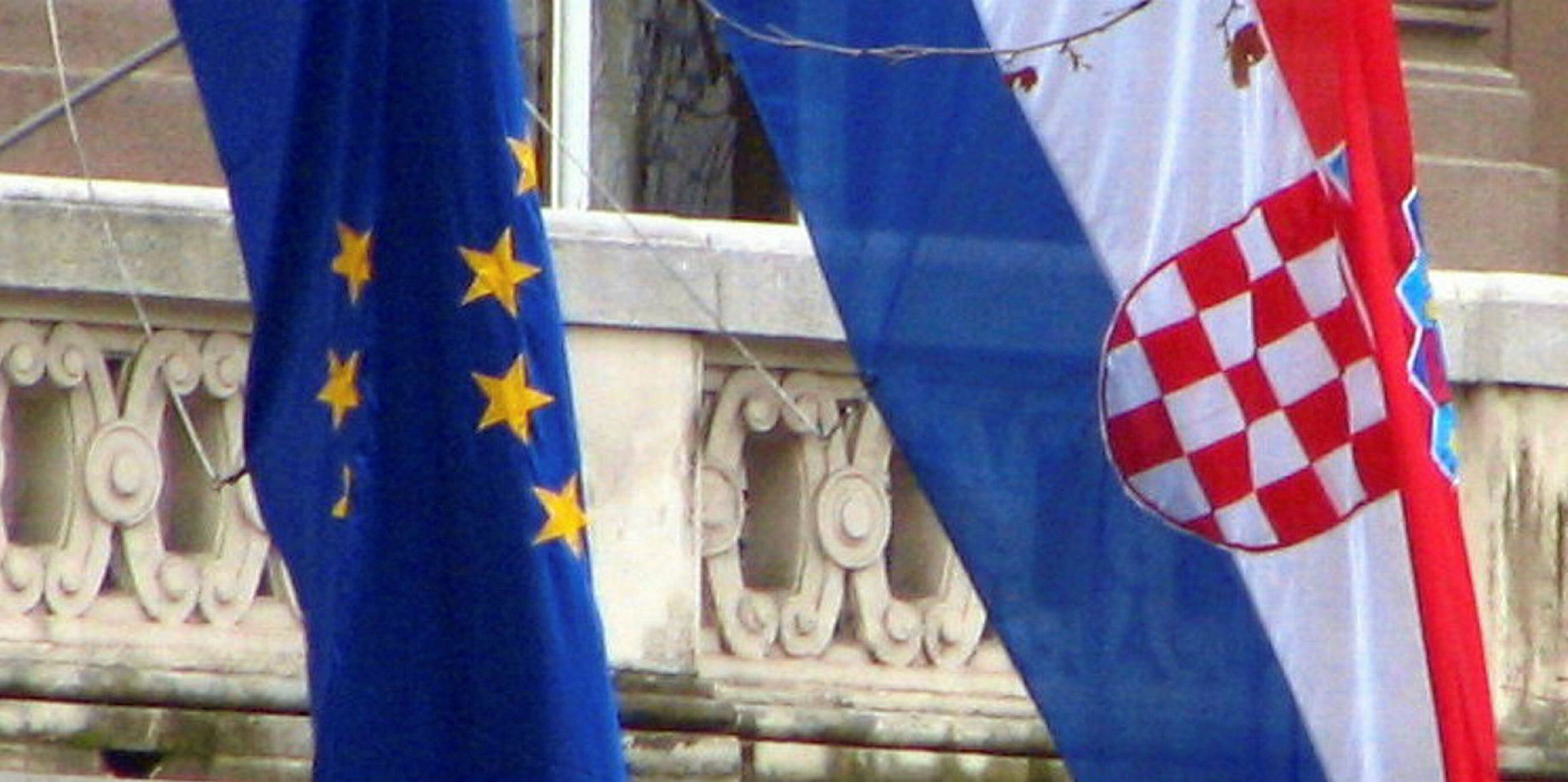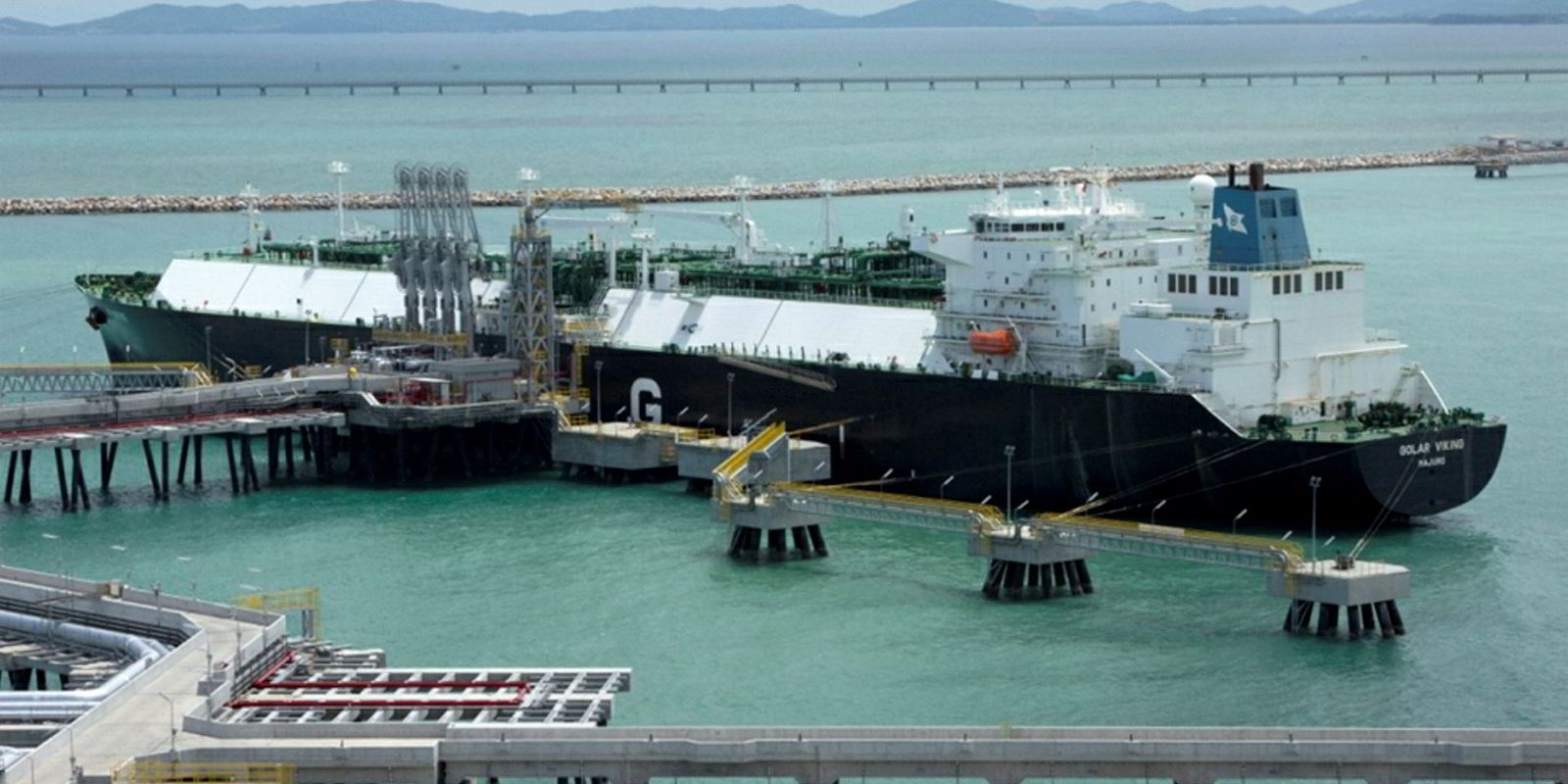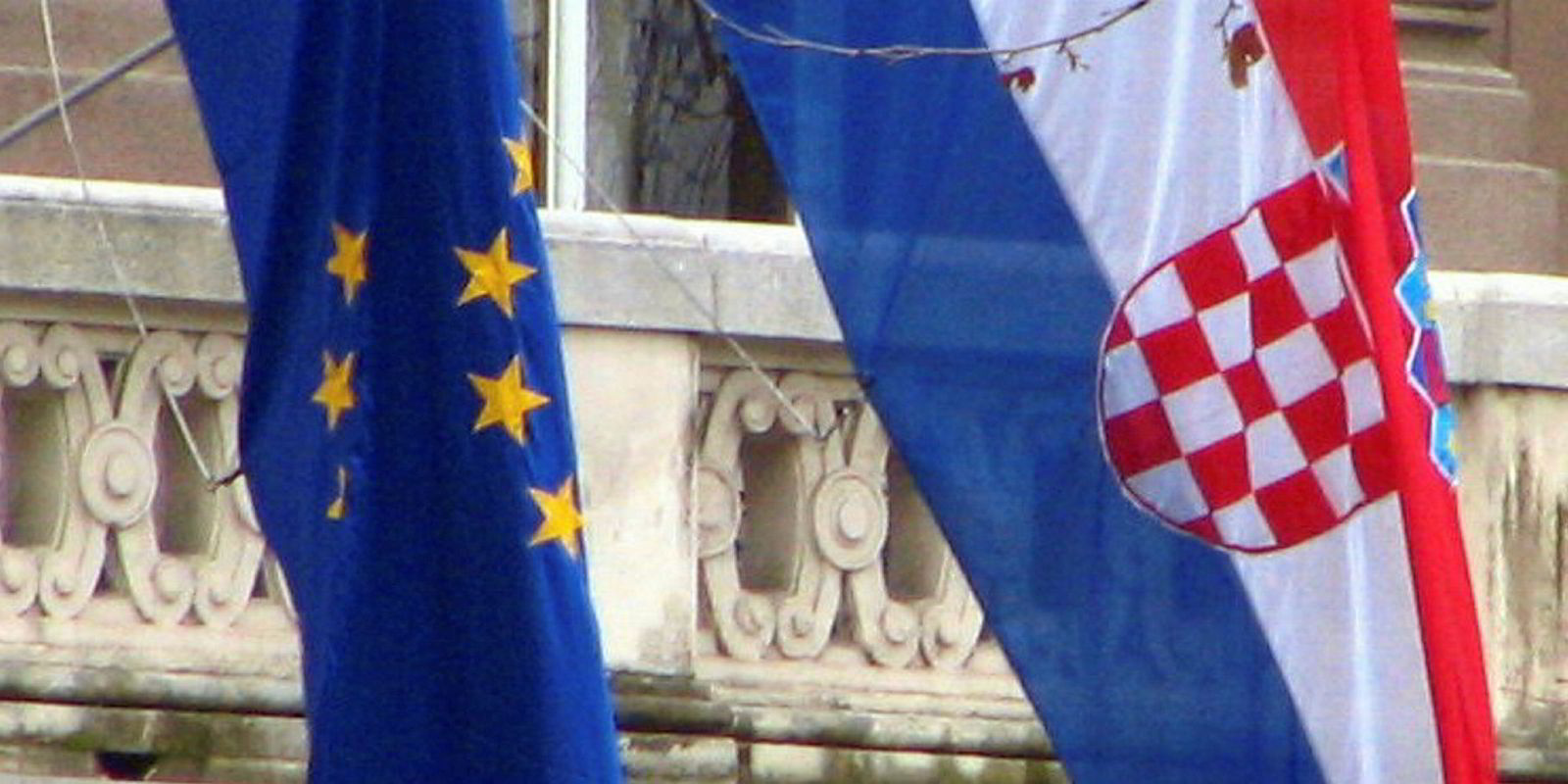The European Commission says Croatia’s plans to support the construction and operation of an LNG FSRU at Krk Island are “within EU State aid rules”.
The LNG terminal is designed to transport up to 2.6 bn cubic meters per year (bcm/y) of natural gas into Croatia national transmission network from 2021.
“The project will contribute to the security and diversification of energy supplies without unduly distorting competition,” the commission said.
The terminal’s construction costs have been put at EUR 233.6m ($261.4m) with the bulk of that coming from the EU and the Croatian state.
The Connecting Europe Facility, which is centrally managed by the European Commission, through the Innovation and Networks Executive Agency (INEA), is contributing EUR 101.4m, a further EUR 100m is coming directly from the Croatian State budget, with the remaining EUR 32.2m coming from the LNG terminal company shareholders.
“The new LNG terminal in Croatia will increase the security of energy supply and enhance competition, for the benefit of citizens in the region,” said Commissioner Margrethe Vestager, who is in charge of competition policy.
“We have approved the support measures to be granted by Croatia because they are limited to what is necessary to make the project happen and in line with our State aid rules.”
In addition, Croatia will grant a tariff compensation called ‘security of supply fee’, which is financed by levies charged by the gas transmission system operator to gas users along with gas transmission tariffs, in case revenues from the terminal fees are not sufficient to cover operating expenses.
On its decision to allow the state aid, the Commission said the aid measures are necessary, as the “project would not be carried out without them”.
In this respect, the Commission said its financial analysis has shown that the revenues originating exclusively from the tariffs charged to the users of the LNG terminal would not be enough to recoup the investment costs and ensure a sufficient remuneration of the LNG promoter.
The KrK LNG terminal has been included in the list of “European Projects of Common Interest” since 2013, given its “strategic importance” for the diversification of natural gas supplies into central and south-eastern Europe.
The LNG terminal will deliver gas to the Croatian national transmission network, connected with Slovenia, Italy and Hungary, as well as with other EU countries via non-EU member states such as Serbia and Montenegro.
Last November project developer LNG Croatia announced that Golar Power would provide the FSRU for the project.
Golar Power's winning bid is said to have been based on the conversion of its existing LNG carrier, the 140,000-cbm Golar Viking (built 2005).
The LNG carrier-to-FSRU conversion will be delivered in the period from 30 September to 30 October 2020 to allow the terminal to be fully operational by 1 January 2021.





